With every passing day, the chess world keeps on ticking by without its world champion. Magnus Carlsen, the best player in the world, decided against defending his title, and his successor, Ding Liren, seems to have decided against playing chess.
We’ve had situations before where the official world chess champion clearly wasn’t the best player on the planet, but this is the first time the new wearer of the crown hardly seems to want to play anymore. Would we all be better off if Ding Liren were to be dethroned in 2024—Ding Liren included?
If you beat a world chess champion, but no one is around to see it, does it make a sound?
The heritage of competitive chess is unique among top sports: Unless something extraordinary happens, you must beat the champ to become the champ, which gives us a near-unbroken line that traces back to Wilhelm Steinitz all the way to 1894.
For this reason, it’s quite understandable that the few cases when the title’s fate had to be decided in a different way inevitably led to skepticism over the successor’s credentials, until they found a way to prove that the winner deserved his spot on the throne.
The first example was in 1948, after Alexander Alekhine died while holding the championship. FIDE, the world chess federation, finally formalized many aspects of the competition, and Mikhail Botvinnik won a super-strong quintuple round-robin tournament against the greatest contemporaries around to earn himself the title, which he maintained on and off until 1963 (in part thanks to the generous rematch privileges he negotiated for himself). No one doubted that he was the strongest player at the time: He proved it at the chessboard, not in a boardroom, and he did so over and over again.
When Bobby Fischer, who single-handedly challenged and triumphed over the Soviet chess machine in 1972, resigned his title in protest over the proposed regulations three years later, his challenger, Anatoly Karpov, became the new world champion by default.
With Fischer disappearing from the public eye for most of his life, spiraling into deeper and deeper pits of paranoid delusions, Karpov went on to win a series of elite-level tournaments across the late seventies and early eighties, thereby confirming himself as the new top dog of the chess world, reaching a near-identical peak Elo rating of his predecessor.
When Garry Kasparov formed a breakaway chess federation and formed a separate championship cycle in 1993, FIDE continued to keep up its own lineage—but with Kasparov clearly the strongest player in the world, the chess federation’s world champion was seen as less legitimate in the eyes of most chess fans. Indeed, it was Vladimir Kramnik who scored a shock win over Kasparov in 2000. Eventually, the title was reunified in 2006.
Fast-forward to 2022, when Magnus Carlsen, clearly the best player in the world, decided not to defend the title he had held since 2013. In 2023, the top two finishers of the previous year’s Candidates Tournament, Ian Nepomniachtchi and Ding Liren, battled for the title, with Ding emerging victorious.
Amusingly, FIDE officially refers to Ding as the 17th world chess champion, thereby legitimizing Kasparov’s breakaway period and its lineal heritage as the real, official world championship bloodline.
The question is—what now?
The world chess champion is not playing chess
Carlsen is clearly the strongest player around, it’s just that he no longer wants to compete for this title in its current form. Worse still, Ding Liren’s unwillingness to participate in high-level events like Botvinnik or Karpov did before him, and his lack of an opportunity to defeat Carlsen directly in a match, severely limits his legitimacy.
Clearly, he is one of the best players in the world in his own right—his Elo rating and recent Candidates performance, not to mention his past competitive results, have certainly established that. Despite this, he has done little in recent years to suggest that he’s the cream of the crop.
It’s partially due to the unfortunate circumstances surrounding the pandemic. Ding Liren, as a resident of China, had difficulties acquiring visas and securing travel opportunities to high-profile events over the past few years, and the major time zone differences hamstrung his capabilities in emerging high-profile online competitions like the Champions Chess Tour.
In fact, it took multiple strokes of luck for Liren even to get a chance to play in the Candidates Tournament: Sergey Karjakin was outright suspended by FIDE for bringing the game into disrepute with his conspiracy-laden statements about the war in Ukraine, opening up a spot for the highest-ranked non-qualified player.
Even then, Ding Liren needed some special sauce, as he didn’t play in enough tournaments to be considered an active player, prompting the Chinese sporting bureaucrats to organize some fancy multi-round-robin competition that allowed him to rack up enough games to qualify.
Then, he finished second at the Candidates Tournament, a result that would normally earn you nada, but with Carlsen’s abdication, it served as a bonus golden ticket to the big match—a close-fought affair against Ian Nepomniachtchi, which he won in fascinating fashion.
Just before the match, he played in Wijk an Zee, finishing 11th in the 14-player field for a mere 2686 tournament performance rating. Then, he played a single tournament in May, the Superbet Chess Classic, immediately after his world championship match, and finished eighth out of 10. Since then, it’s been radio silence, cancellations, and withdrawals.
Meanwhile, the chess world ticks on by, ignoring its world champion in absentia.
Ding Liren, a placeholder?
Ding Liren has just pulled out of the Sinquefield Cup, a prestigious invitational. As the reigning champ, he won’t get to attend the biggest events related to the championship match qualification process, either. He played little top-level chess in the past few years—and there’s the Magnus-shaped cloud over his head. Even with his rumored health issues, this complete lack of transparency is a real shame and a disservice to chess fans all around the world.
It’s hard to shake the impression that he doesn’t particularly mind it all. He’s on record saying that he considered retiring outright before the world championship match opportunity came by—and unlike his predecessors who didn’t get to earn the title in a match against the champ, he’s clearly not putting in the effort to legitimize himself as a worthy successor.
Alekhine’s successor was forged in the flames of the 1948 championship, and Karpov earned the right to challenge Fischer before going on a tear of his own in international competitions to establish his credentials. Ding Liren, in contrast, is hiding in the shadows.
In many ways, chess has never been healthier than today, with great grassroots interest and tons of casual content around, and greater-than-ever accessibility to the royal game and its intricacies all around the world. Despite this, with cheating allegations and controversies abound, and accusations and paranoia poisoning the scene, the chess world could use a humble voice of calm and reason.
Someone like Ding Liren, maybe.
With more than half a year gone, it’s tough to imagine Ding changing tact—either in terms of playing in elite-level competitions or taking up the ambassadorial role that comes with the crown. Would it be a surprise if future chess historians saw him as one of those asterisk champions of the FIDE split years, like Kasimdzhanov or Ponomaryov?
Ding recalled a quote from Albert Camus in one of the post-match interviews that he derived strength from in the tough moments of the match: “If you can’t win, resist.” It looks like the French absurdist-existentialist, who died two years after winning the Nobel Prize in Literature, had no advice to give him on how to handle victory.
Since the world championship match, we saw Caruana and Nakamura battle it out at Norway Chess, various legs of the Grand Chess Tour coming and going by, the FIDE World Cup, and Qatar Masters, with many smaller and national events in between. Now, the 2023 edition of the FIDE Grand Swiss Tournament will determine the next two players to qualify for the Candidates, with further intrigue to follow about the FIDE Circuit spot and the ratings qualifier.
As the chess world keeps on heating up, its new world champion continues to cool off. Meanwhile, Carlsen has no interest in regaining the title he just left behind, excluding himself from most classical time control events and paying no attention to the Candidates cycle—not that he didn’t secure himself a spot with his World Cup win, almost as an afterthought.
Again, all this begs the question: Would we all be better off if Ding Liren were to be dethroned in 2024—Ding Liren included? With rating deflation and a hungry new generation looking to rearrange the landscape of the chess elite, one can’t help but feel like a sea change is approaching. Ding, with his past glories and fading examples of excellence, already seems like a relic of chess’ past, especially because of his seeming unwillingness to play whatsoever, let alone his mixed results when he does.
Then again, not many can decipher a world champion’s thoughts: That’s why they made it to the top of the mountain, after all. It’s just that there are many further peaks to climb.


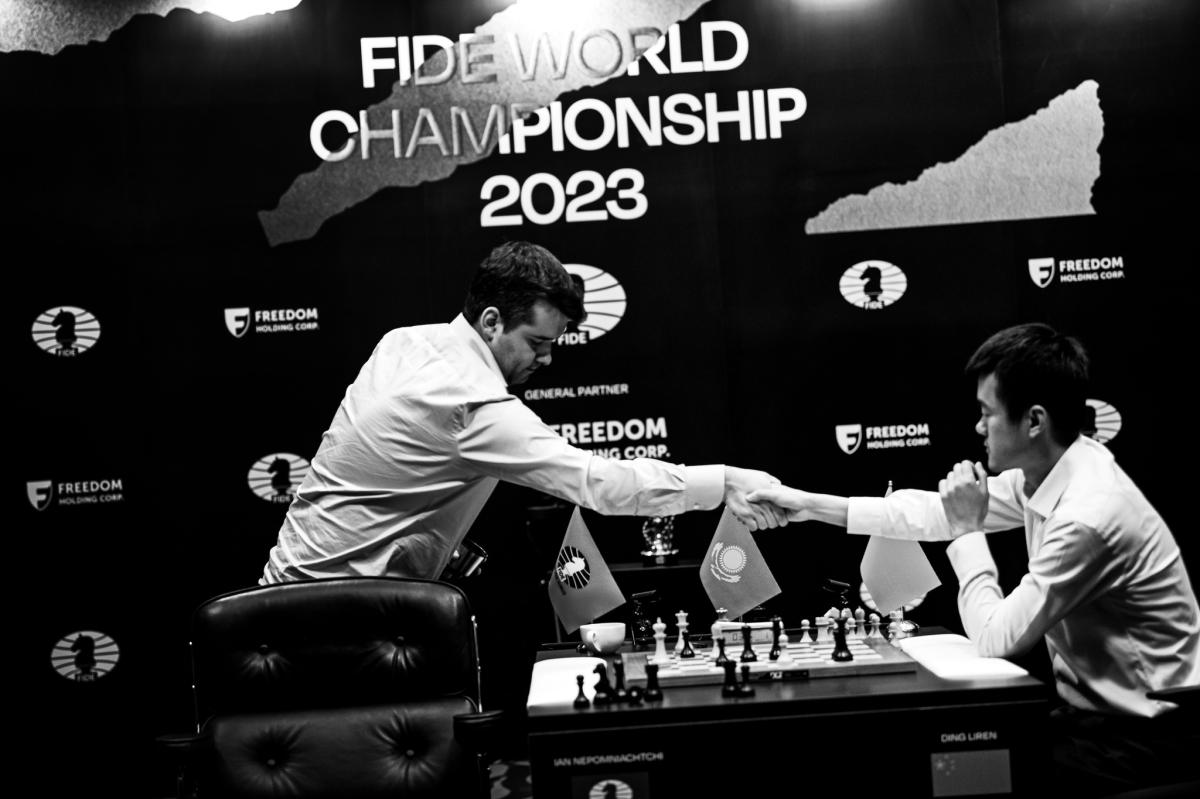
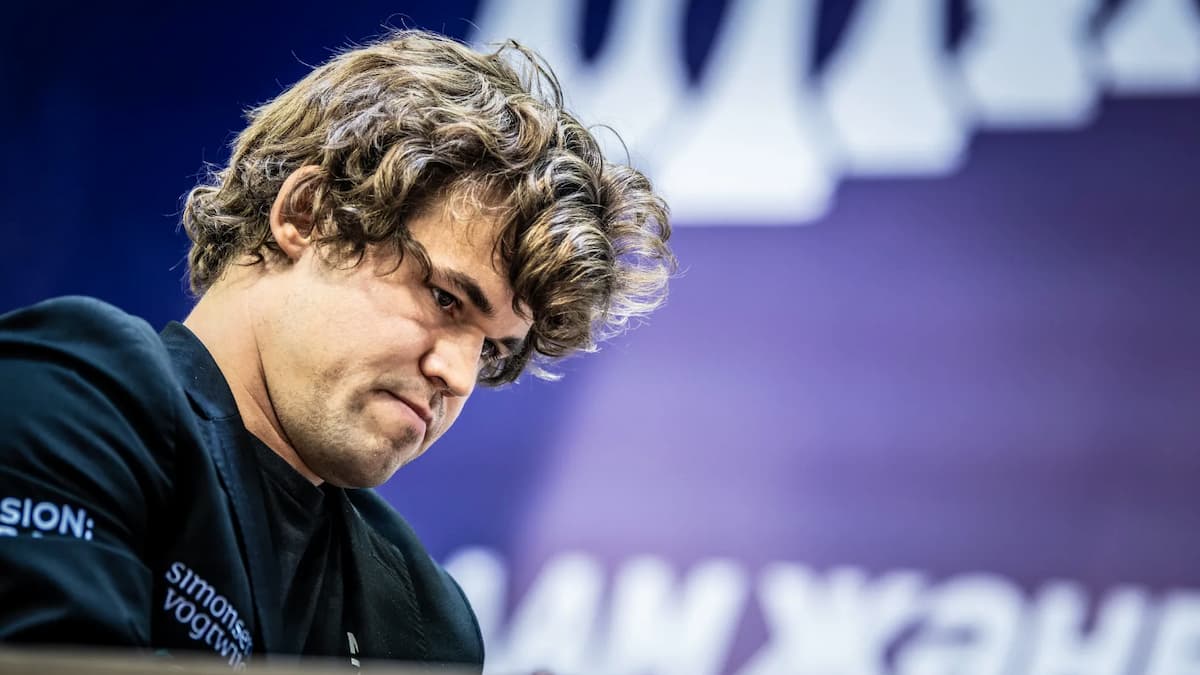
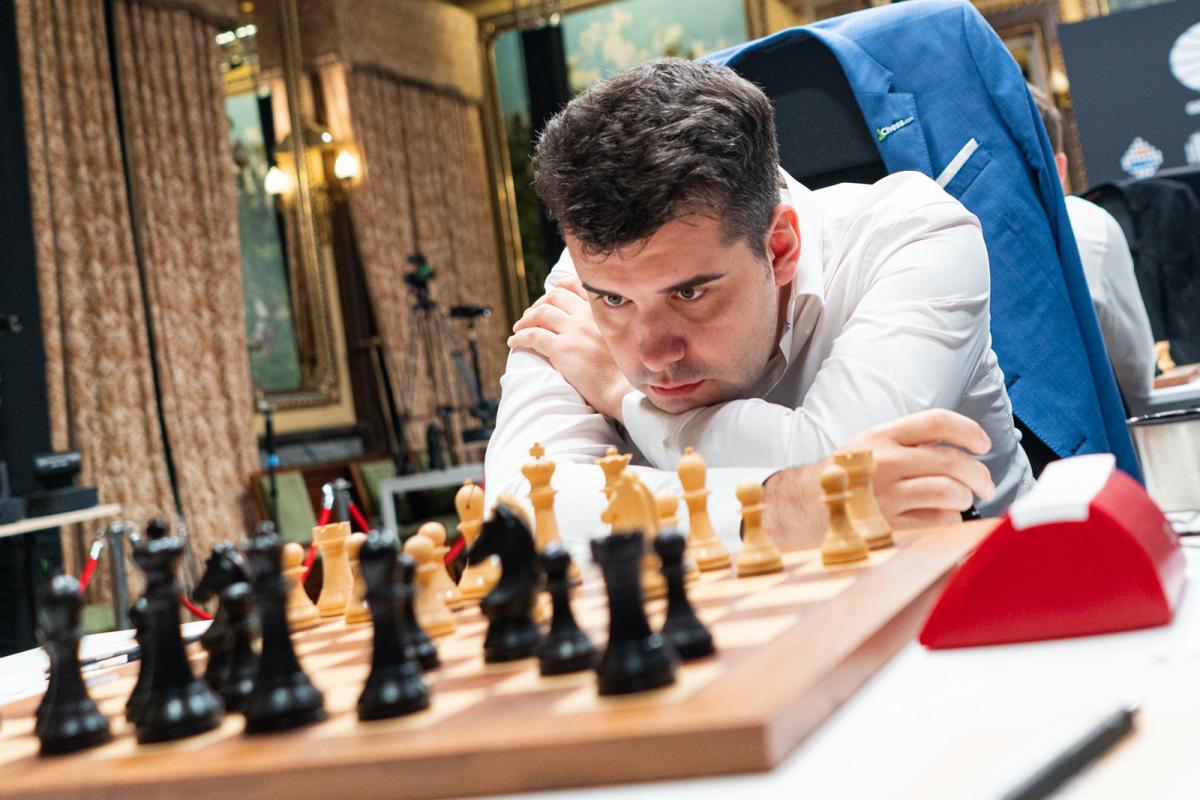
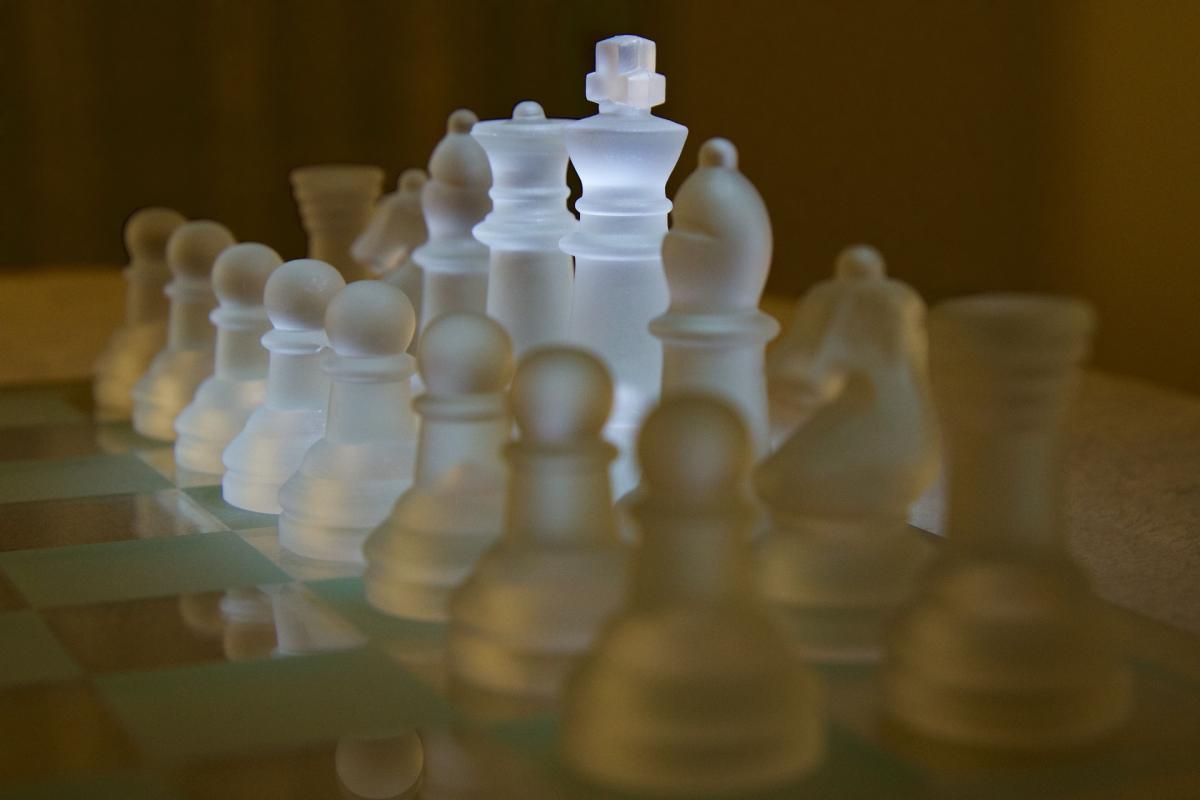

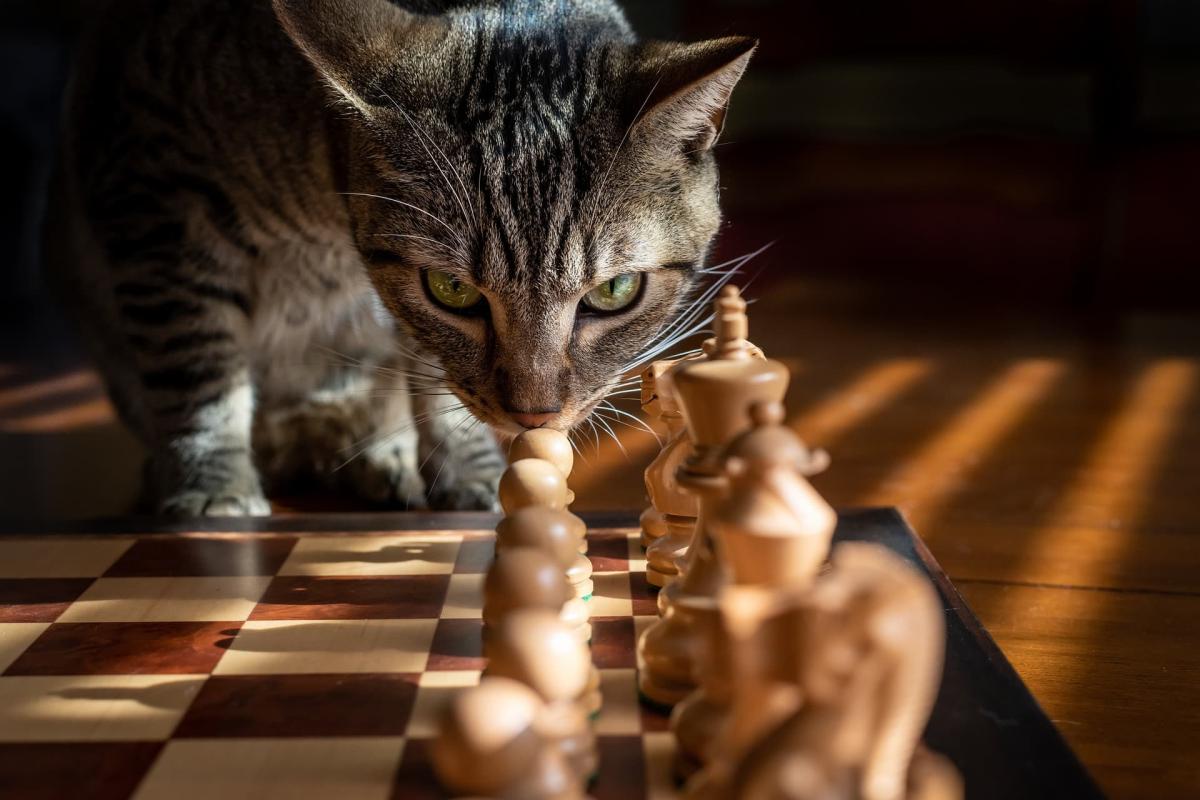
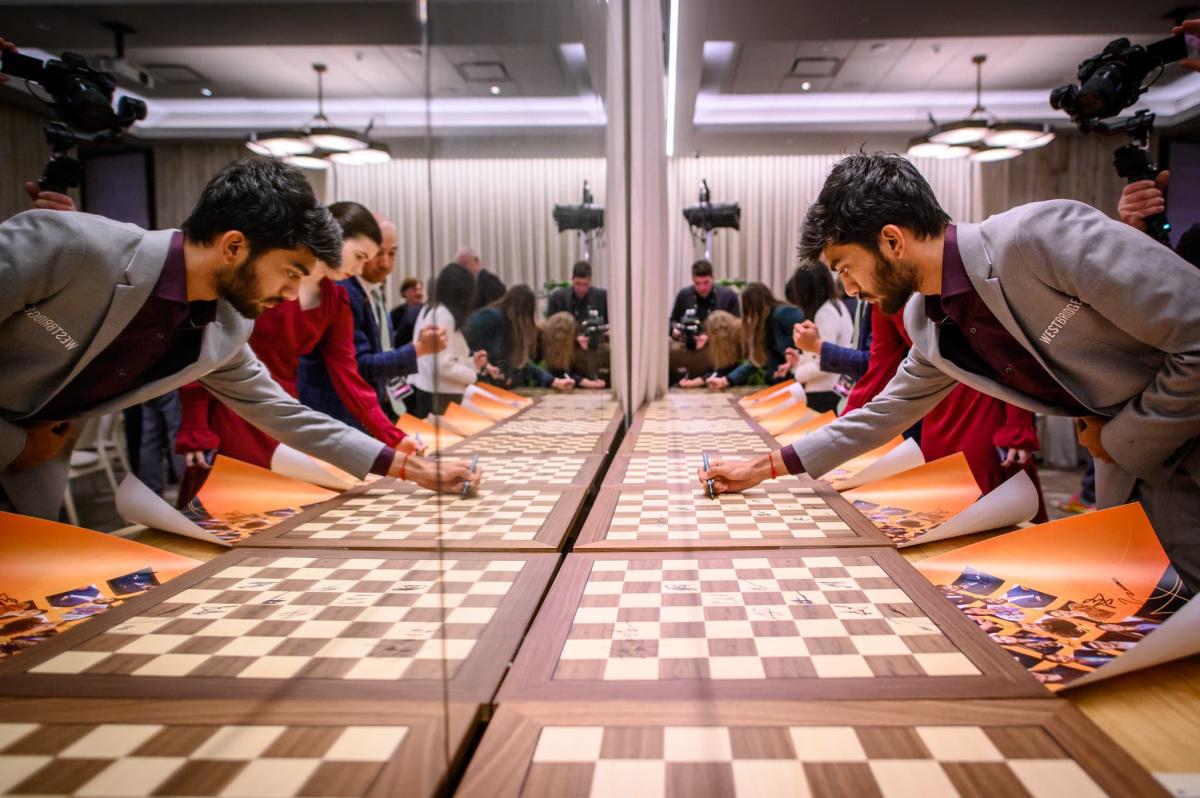
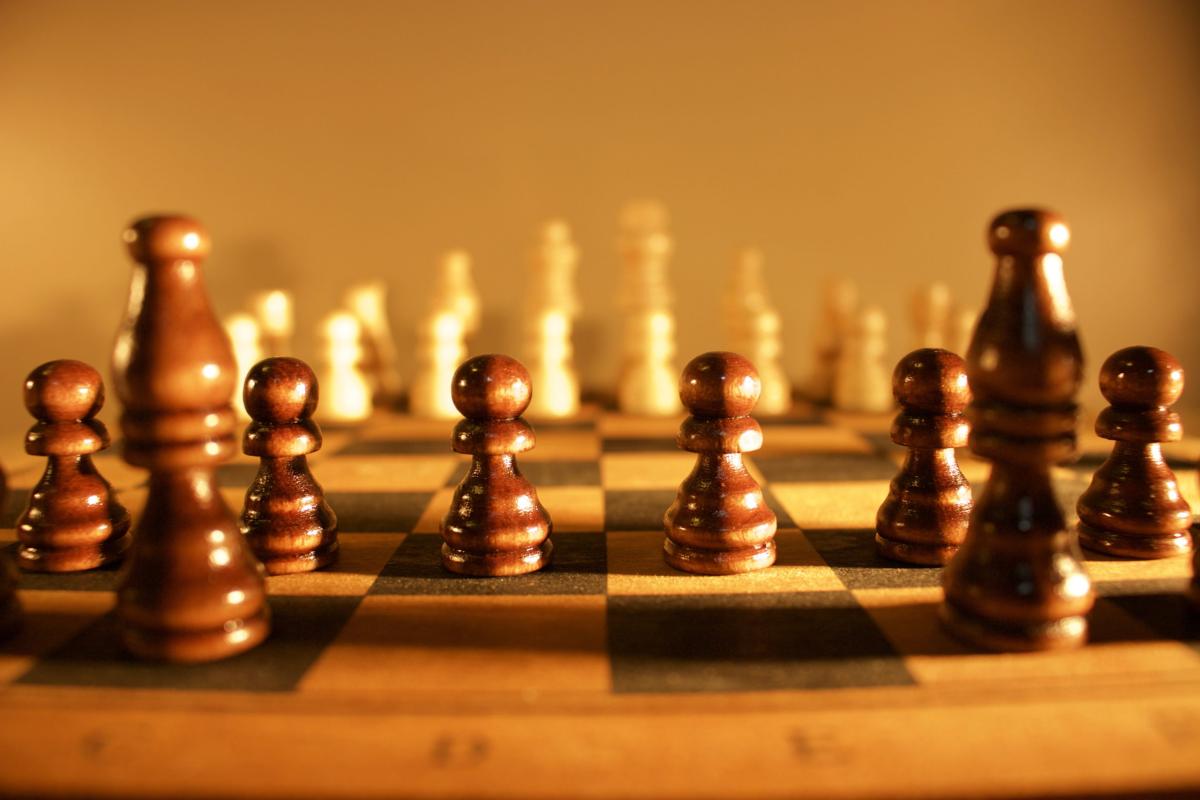
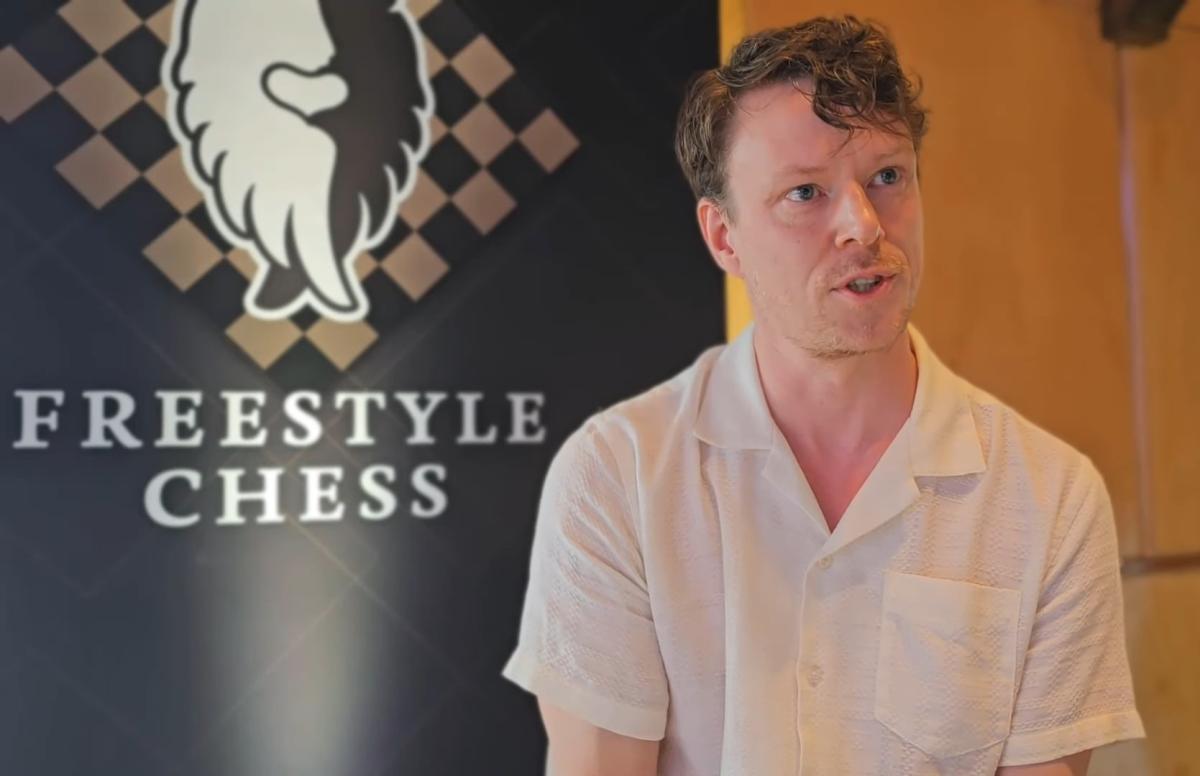

Published: Oct 29, 2023 10:25 am